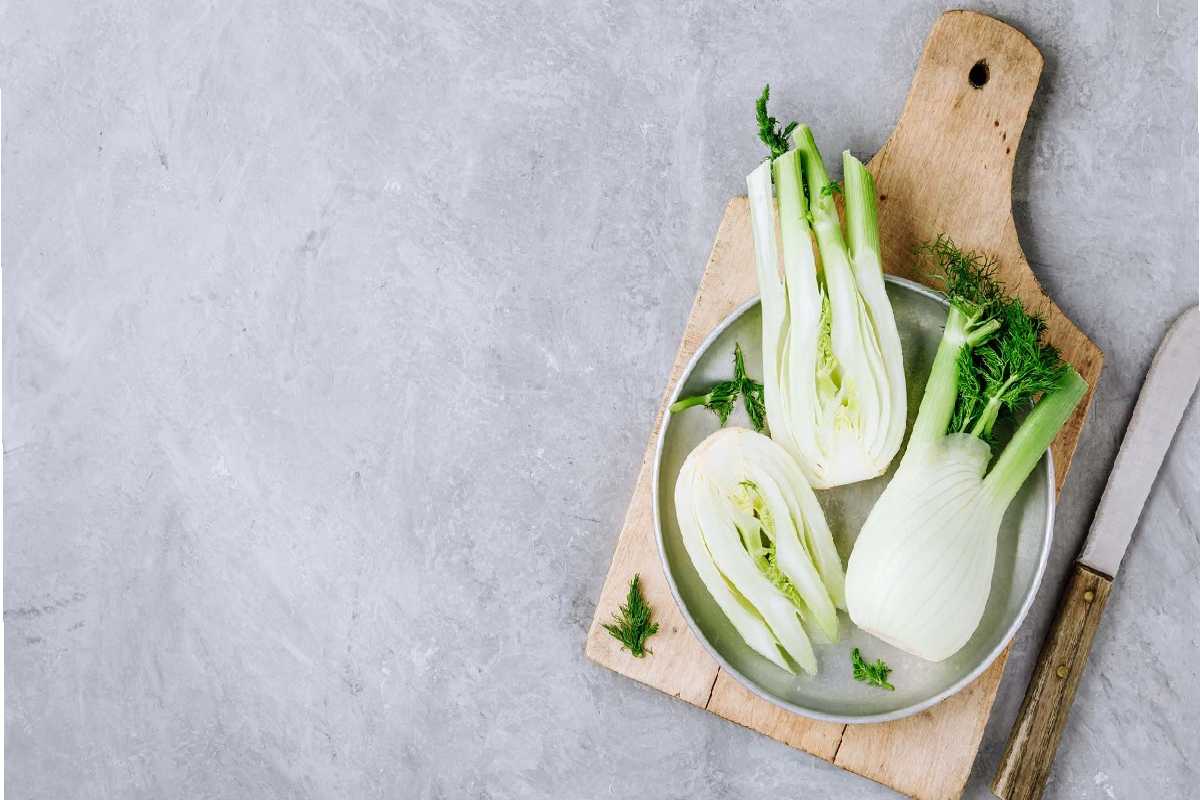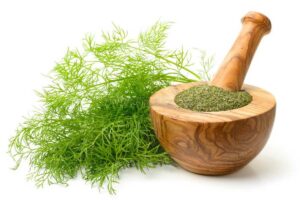
An aromatic plant known as fennel can be utilized as a seed or a herb. Fennel is employed in alternative medicine and personal care products in addition to adding a sharp burst of licorice-like flavor to food. Find out more about this Mediterranean plant’s potential health advantages and drawbacks.
What Is Fennel?
A perennial plant that can reach a height of three feet is the source of fennel. Additionally, it features hollow stems and tiny yellow blooms. According to historians, the herb fennel is categorized as having its origins in the Mediterranean. It was known as “Foeniculum” by the ancient Romans, which means “fragrant hay.”
It is now grown all over the world. Because it can increase and smother natural plants, it is so common that it is considered invasive in some places. According to historians, Virginia is where it first became domesticated in the United States following the arrival of European settlers.
Among the beneficial nutrients, fiber, vitamin C, and vitamin A are in large quantities in raw fennel.
Health Benefits Of Fennel
Although it is probably better recognized as a herb, eating it raw can also be healthy.
The USDA estimates that one cup of raw fennel has roughly 360 milligrams of potassium. (4) That amounts to around 7% of the 4,700 mg suggested daily intake.
The management of high blood pressure depends on potassium.
Consuming adequate amounts of foods high in potassium, such as fennel, can also support renal health, bone health, and muscle strength.
Its potential benefits for reducing menopausal symptoms were also mentioned in the herb’s impact on women’s health.
The following are other health advantages:
- Diuretic
- Anti-inflammatory for diseases of the eyes, such as glaucoma
- Cough suppressant
- Reduction of flatulence and other digestive disorders
- Infant teething discomfort relief
These alleged advantages allegedly include some antibacterial and anti-inflammatory effects. Consuming this plants may provide these advantages, but additional studies must determine whether it supplements and oils have the same impact.
Does Fennel Help In weight loss?
- Vital minerals, including vitamins A and C, potassium, and magnesium, can be obtained by eating fennel.
- It can aid weight loss by making you feel fuller on fewer calories.
- It mainly contains soluble fiber, which slows down the digestive process in your body.
- The longer calories last before making you feel hungry, the slower your digestion rate is. (9,10)
- In addition to the fennel’s nutritional profile, some claim that it supplements can also aid in weight loss.
- According to the claim, fennel raises brain levels of the hormone melatonin, which may help naturally control appetite.
- Melatonin is a hormone that helps you fall asleep and is released in the dark.






